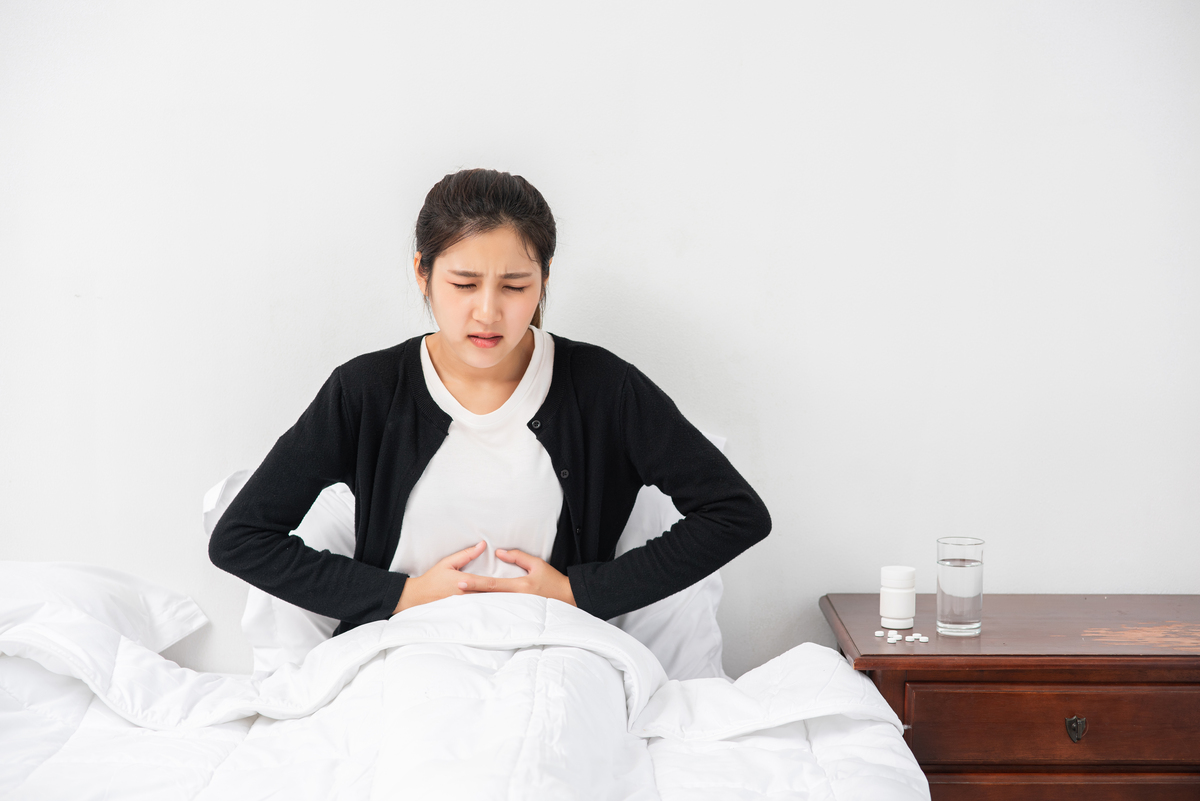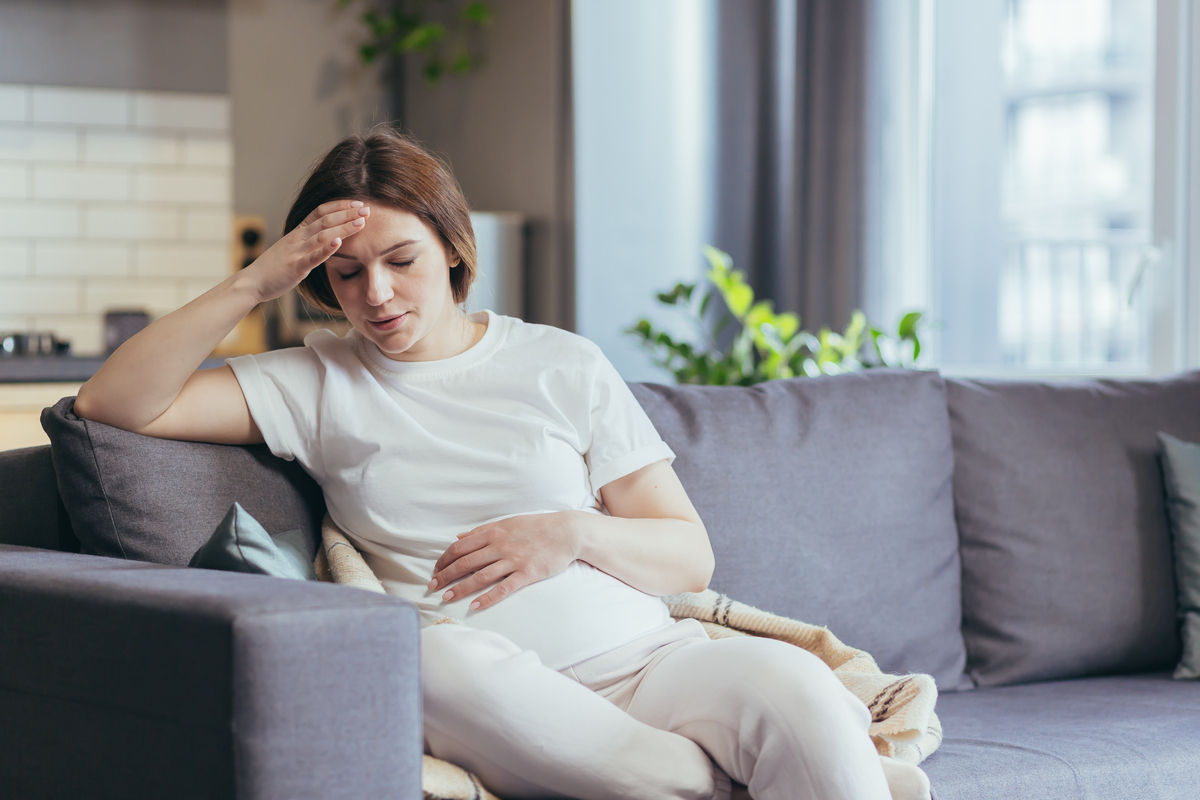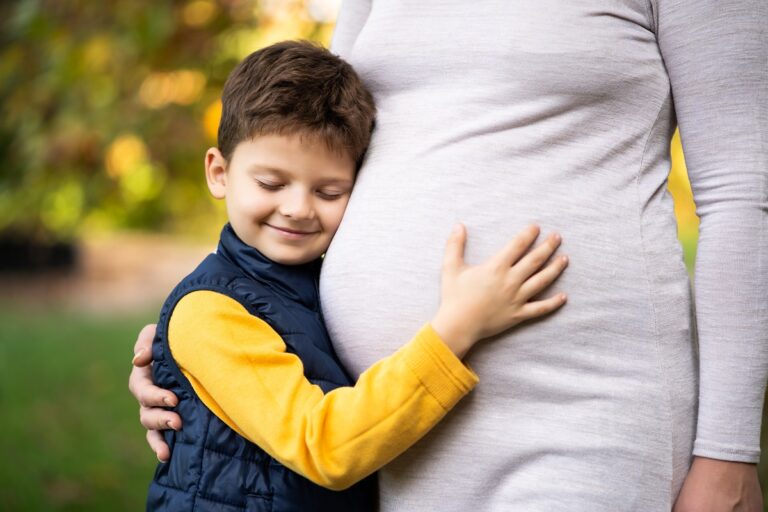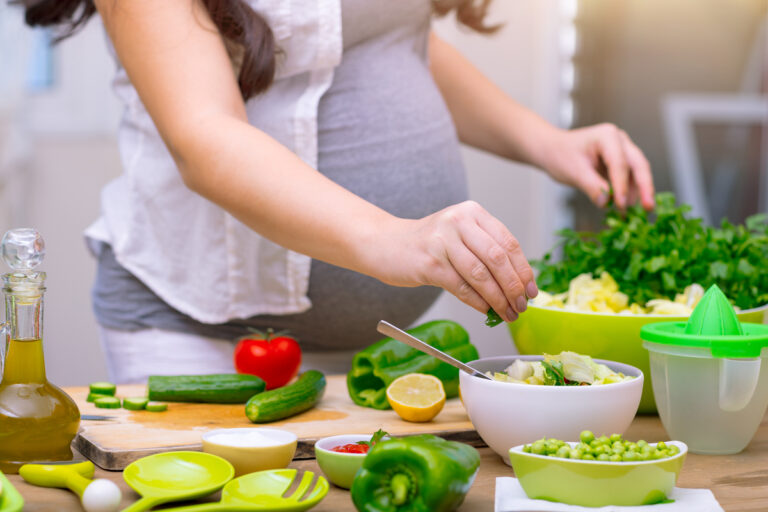No one expects to have to deal with a pregnancy-related injury, but as any mom or dad-to-be will tell you, accidents happen. If you find yourself bleeding during your pregnancy, don’t panic! In this blog post, we will talk about several things you can do to stop bleeding during pregnancy and protect both you and your baby.
It’s not uncommon for pregnant women to experience some bleeding during their pregnancy, especially in the first trimester. While this can be alarming, in most cases it is not causing any concern at all.
5 ways to Stop Bleeding During Pregnancy Naturally
If you are having very heavy bleeding, or if the bleeding is accompanied by pain or cramping, it’s important to call your doctor or midwife right away. They will be able to determine if you are experiencing a true medical emergency or if the bleeding is something that can be managed at home. In the meantime, here are some things you can do to stop the bleeding naturally and keep yourself and your baby safe:
1. Drink plenty of fluids:-
When you are pregnant, your blood volume increases dramatically in order to support the growing baby. This can make you more susceptible to dehydration, but it becomes even more crucial when you are bleeding. When you are on blood loss, your body needs extra fluids to help replace what has been lost. Drink plenty of water or fruit juice frequently throughout the day and avoid caffeine as much as possible.
2 . Get plenty of bed rest:-
Bed rest is important for all pregnant women, but it becomes even more crucial when you are bleeding. As when you are bleeding during pregnancy, your body is working hard to heal itself and the last thing it needs is to be up and about. So one of the best things you can do when you are bleeding during pregnancy is to get plenty of bed rest. When you are lying down, your body has a chance to heal, and hopefully, the bleeding will usually slow down or stop altogether. Avoid strenuous activity and take it easy for a few days until the bleeding has stopped even if that means taking a few days off from work. Your body will definitely thank you for it!
3. Avoid heavy work:-
One of the worst things you can do when you pregnant is to try and carry on as normal. As your pregnancy progresses, your uterus will grow and put pressure on your pelvic floor muscles. This can lead to a condition called pelvic organ prolapse, which can cause pelvic pain and heavy bleeding during pregnancy. Even more, carrying out as normal would not only put more strain on your body but could make the bleeding worse. To avoid this, avoid heavy work such as lifting, carrying, or straining during bowel movements and even sexual intercourse. You should also avoid standing for long periods of time and wear comfortable, low-heeled shoes.
4. Use a cold compress:-
If you are bleeding during pregnancy and have been told by your doctor that it is safe to do so, you can use a cold compress to help stop the bleeding and soothe the area and reduce inflammation. A cold compress will help constrict the blood vessels and slow down the bleeding. To make a cold compress, simply wrap an ice pack or bag of frozen peas in a clean towel or even you can simply take a clean cloth and soak it in cold water and squeeze out any excess water and apply it to the area for 10-15 minutes. Repeat this as often as needed but do not apply the ice pack directly to the skin as this could cause an ice burn.
5. Seek medical attention if necessary:-
If the bleeding is heavy or if you are experiencing any pain, cramping, or contractions, it’s important to seek medical attention right away. These could be signs of a more serious problem such as ectopic pregnancies, placenta covers, placental abruption, or even miscarriage and you will need to be monitored closely by your doctor. To monitor bleeding and know the cause and type of it. In most cases, bed rest and increased fluids will be recommended but in some cases, you may need to be hospitalized. If you are bleeding during pregnancy, it’s important to stay calm and seek medical attention if necessary. Remember, in most cases, it can be managed at home and will subside on its own as nothing is serious to worry about. but it’s always better to be safe than sorry so if you are at all concerned, please do not hesitate to seek medical treatment and contact the doctor immediately.

What are the causes of bleeding during pregnancy?
There are many different potential causes of pregnancy bleeding. Some of the most common include:
Implantation bleeding: Implantation bleeding can occur when the fertilized egg implants itself into the uterine wall and is usually considered to be a normal and harmless part of early pregnancy in the first trimester vaginal bleeding.
Molar pregnancy: This is a rare type of abnormal pregnancy in which abnormal tissue grows instead of a baby. Molar pregnancy usually results in heavy bleeding.
Miscarriage: This is the most common cause of severe bleeding in early pregnancy loss. About 20% of known pregnancies end in miscarriage, most within the first trimester bleeding which also trigger heavier bleeding.
Placental abruption: This is a serious condition where the placenta detaches or begins to separate from the uterine wall, and as the placenta separates from the uterine it causes heavy bleeding.
Ectopic pregnancy: Ectopic pregnancy occurs when the embryo implants itself outside of the uterus and can be very dangerous.
Placenta previa: Placenta Previa is a condition in which the placenta partially or completely covers the cervix. It can cause bleeding, especially later in pregnancy. Make sure you diagnose placenta previa after an episode of vaginal bleeding.
How long does it take for bleeding to stop during pregnancy?
It usually takes a few days for bleeding to stop during pregnancy. However, if the bleeding is heavy or lasts for more than a week, it is best to consult your doctor. They can check to see if everything is alright with your pregnancy by checking fallopian tubes, pelvic exam, blood tests, and vaginal examinations, they will be able to determine the cause of the bleeding and whether or not you require treatment. Treatment may include medication or a blood transfusion. In some cases, surgery may be required to stop the bleeding.
How much blood loss is OK in pregnancy?
Mild bleeding during pregnancy is common, especially during the first trimester. In most cases, some spotting as a few drops or light bleeding is nothing to worry about and will not affect your pregnancy. However, you should always contact your healthcare provider or rush to the emergency room if you experience any further bleeding or severe bleeding during the second or third trimester of pregnancy.
What Are Some Other Causes of Bleeding During Pregnancy?
Early pregnancy: It’s normal to have some vaginal bleeding or spotting early in pregnancy and is often referred to as early pregnancy. Bleeding or spotting in the first trimester may not be a problem.
Subchorionic hemorrhage: In the first trimester, some women experience what is called a “subchorionic bleed.” This can happen when blood vessels rupture between the chorion (the outer membrane around the fetus) and the uterine wall.
Infection: An infection in the vagina, cervix, or uterus can cause bleeding.
Pregnancy complication: Common complications may cause light bleeding mixed, later in pregnancy including inflammation of or growths on the cervix.
Postpartum: Vaginal bleeding is common for the first few weeks after childbirth (known as postpartum hemorrhage). This is because the uterine lining has been shed during delivery and is taking time to heal.
Abdominal pain: Abdominal pain during pregnancy could be either a normal symptom or an indication of something more severe, like preterm labor or ectopic pregnancy.
Cervical Polyps: Cervical polyps are small growths on the cervix. They are usually benign (not cancerous) and often cause no symptoms. However, they can cause sometimes bleeding problems during pregnancy.
The Final Word:
Bleeding during pregnancy can be a scary experience and can be a sign of a serious problem but it is usually not indicative of any major problems. If any pregnant women experience bleeding, try to make her remain calm and call the doctor immediately for advice. Most cases of bleeding during pregnancy are not serious and can be treated with bed rest and other simple measures. By following these steps, you can stop the bleeding and ensure a healthy pregnancy. However, some problems may require surgery or even a c-section rather than normal pregnancy to treat them. By knowing the causes of bleeding during pregnancy and taking action when it occurs, you can help keep yourself and your baby safe.
Hope this blog post on how to stop bleeding during pregnancy has been helpful to you share it with your friends who are pregnant or sooner going to be. If you have any queries regarding bleeding during pregnancy mention them down in the comment box. Thanks for reading!!!










